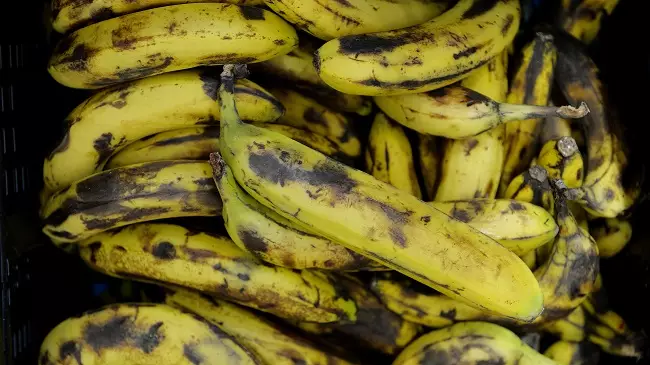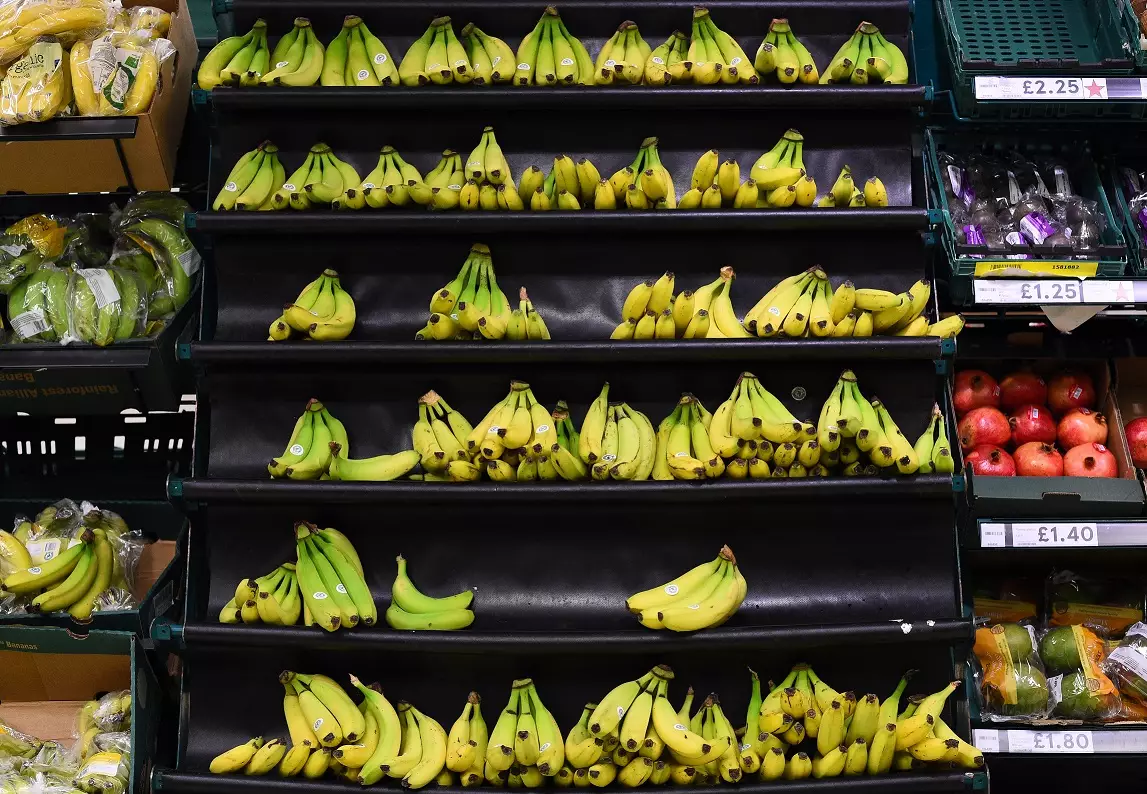
Blend them in a smoothie, mash them into cake, slice them into a sandwich (if you're five years old), try to avoid eye contact with a stranger while you eat one whole - gotta love a banana.
But now it appears that the popular tropical fruit is in danger because of a nasty tropical disease that's affecting crops across the globe.
Panama disease is a fungus (yep, that'll put you off your lunch) that affects the root of the Cavendish banana - the most common type in the world, with about five billion eaten every year in the UK alone.
Advert
Last time the disease reared its fungally head was back in the 1950s, when it successfully killed off the Gros Michel species of the fruit.

It's already been found in Australia, Central America, Asia, Africa, and the Middle East, which isn't good news, but if it spreads to South America we're all in real trouble.
South America is the biggest supplier of commercially-grown bananas.
Advert
Cavendish bananas are all genetically identical to one another, which is what allows Panama disease to spread to quickly.
It's proven resistant to chemical treatment so far too, so the only way to stop it spreading is to quarantine off the infected fruit from all their mates.
A team of UK scientists are experimenting with gene-editing technology in an attempt to make the Cavendish 'nanas immune to Panama disease.
Gilad Gershon is the CEO of Tropic Biosciences, which is based in Norwich, told the Week: "Gene editing makes a lot of sense, because the only way you can change the banana now is through genetics.
Advert
"If we don't [take] this type of role and save the banana, I'm not sure there's any other way to do it."
Spores of the fungus can remain in the soil for decades, which means once a plot of land is infected it's pretty much useless for banana growing for the foreseeable future.
There are also plans to create a hybrid with the much tougher Madagascan banana, which doesn't taste good but appears to be completely immune to the disease.
Advert
It's an endangered plant in its own right though, having fallen victim to severe weather and deforestation.
Scientists hope to take the taste of the Cavendish with the immune system of the Madagascan to create a new type of banana. The Cavendascan? No, we've just made that name up. Good though.
Featured Image Credit: PA
Topics: Science, Food, south america, food news, Breakfast